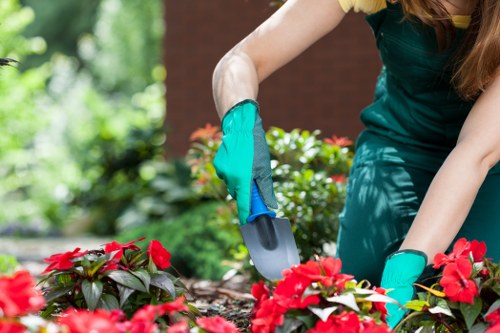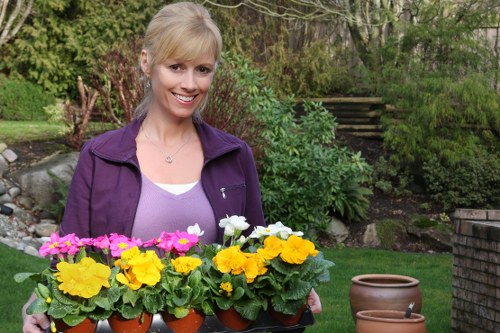Lawn Turf Installation in Tring: Transform Your Outdoor Space

Transforming your outdoor space with lush, green lawn turf is a dream for many homeowners in Tring. Whether you’re looking to create a picturesque garden, a safe play area for children, or a durable surface for outdoor activities, professional lawn turf installation can make all the difference. This comprehensive guide will walk you through everything you need to know about lawn turf installation in Tring, ensuring your lawn remains healthy and vibrant all year round.
Understanding the importance of quality turf is the first step towards achieving the perfect lawn. Not all turf is created equal, and selecting the right type for your specific needs can greatly impact the overall success of your installation. From durable varieties suitable for high-traffic areas to soft, lush options ideal for relaxation spaces, there’s a perfect turf type for every requirement.
Before diving into the installation process, it’s essential to prepare your site properly. Proper preparation ensures that your turf takes root effectively and remains healthy for years to come. This involves clearing the area, removing any existing vegetation, and ensuring the soil is well-drained and fertile.
Choosing the Right Type of Lawn Turf

Selecting the appropriate type of turf is crucial for the longevity and appearance of your lawn. In Tring, the climate and soil conditions play a significant role in determining which turf varieties will thrive. Common types include:
- Fescue: Known for its resilience and ability to withstand shade.
- Ryegrass: Quick to establish and ideal for high-traffic areas.
- Kentucky Bluegrass: Offers a lush, dense appearance but requires more maintenance.
- Dieback: Extremely durable and perfect for areas with heavy use.
Consulting with a local turf specialist can help you make an informed decision based on your specific needs and the local environment.
In addition to selecting the right species, consider the blend of seeds or sod to ensure your lawn has a diverse root system. This diversity contributes to the overall health and resilience of your turf, making it more resistant to pests and diseases.
Preparing Your Lawn for Turf Installation

Proper lawn preparation is key to a successful turf installation. Start by marking out the area where you plan to install the turf, taking note of any existing structures or landscaping features. Clear the area of all debris, including rocks, weeds, and old grass. It’s crucial to start with a clean slate to prevent any obstructions from affecting the new turf.
Next, assess the soil quality. Healthy soil is the foundation of a thriving lawn. Conduct a soil test to determine its pH level and nutrient content. Based on the results, you might need to amend the soil with fertilizers or lime to create an optimal growing environment for your turf.
Once the soil is prepared, ensure proper grading and drainage. Poor drainage can lead to waterlogging, which harms the turf roots. Create a slight slope away from buildings to facilitate water runoff, and consider installing drainage systems if necessary.
Soil Testing and Amendment
Soil testing provides insight into the health of your soil and helps identify any deficiencies. A basic test will measure the pH level and nutrient content, including nitrogen, phosphorus, and potassium. Based on the results, you can adjust the soil composition to better suit your turf. Adding organic matter, such as compost, can improve soil structure and fertility, promoting healthier turf growth.
Amending the soil also involves addressing any compaction issues. Compacted soil restricts root growth and reduces the soil’s ability to retain water and nutrients. Aerating the soil by creating small holes can help alleviate compaction and improve overall soil health.
Incorporate well-rotted manure or other organic fertilizers to enrich the soil. These amendments not only provide essential nutrients but also enhance the soil’s structure, making it more conducive to robust turf growth.
Grading and Drainage
Proper grading ensures that water flows away from your turf, preventing standing water that can cause root rot and other issues. Use a rake or a grading tool to create a gentle slope away from buildings and other structures. This slope facilitates efficient water runoff and reduces the risk of water pooling in undesirable areas.
If your property is prone to heavy rainfall or has poor drainage, consider installing French drains or other drainage solutions. These systems channel excess water away from your lawn, protecting your turf from waterlogging and related damage.
Effective drainage not only preserves the health of your turf but also extends its lifespan, allowing you to enjoy a beautiful, green lawn without constant maintenance.

